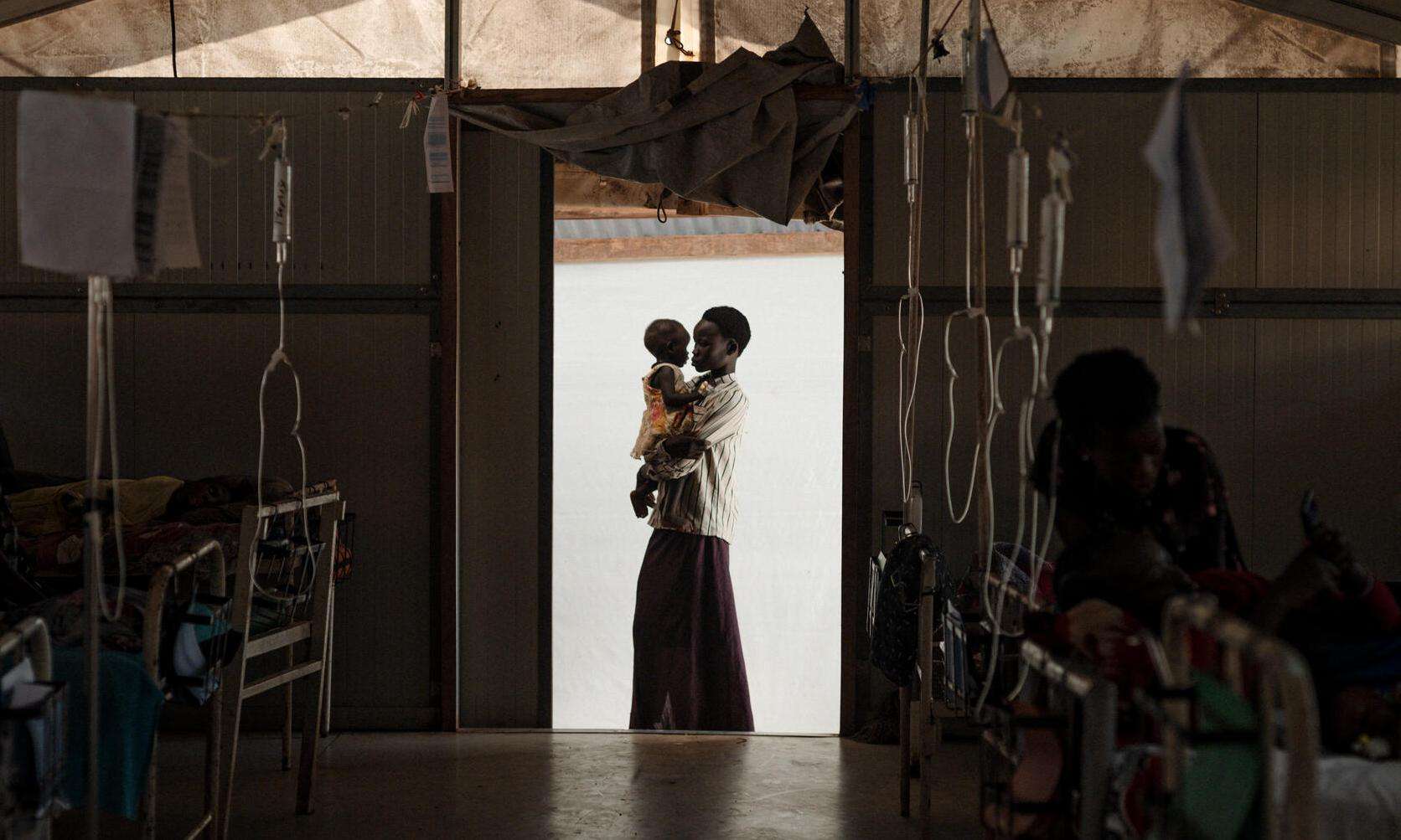This year, Doctors Without Borders/Médecins Sans Frontières (MSF) marks 40 years of medical humanitarian work in the region that now constitutes South Sudan, the world's youngest nation.
Over the past four decades, MSF has been delivering lifesaving medical assistance to people affected by conflict, disease, and displacement. We've worked in collaboration with local authorities and communities to enhance the impact of our work and to better address the complex challenges faced by the people of South Sudan.
These years have been a testament to the resilience of the South Sudanese people and the unwavering commitment of our teams. However, South Sudan continues to face immense needs amid ongoing crises including conflict and displacement, as well as new challenges such as climate change. MSF remains committed to responding to emergencies and addressing health gaps, but sustained support is needed from other humanitarian groups.
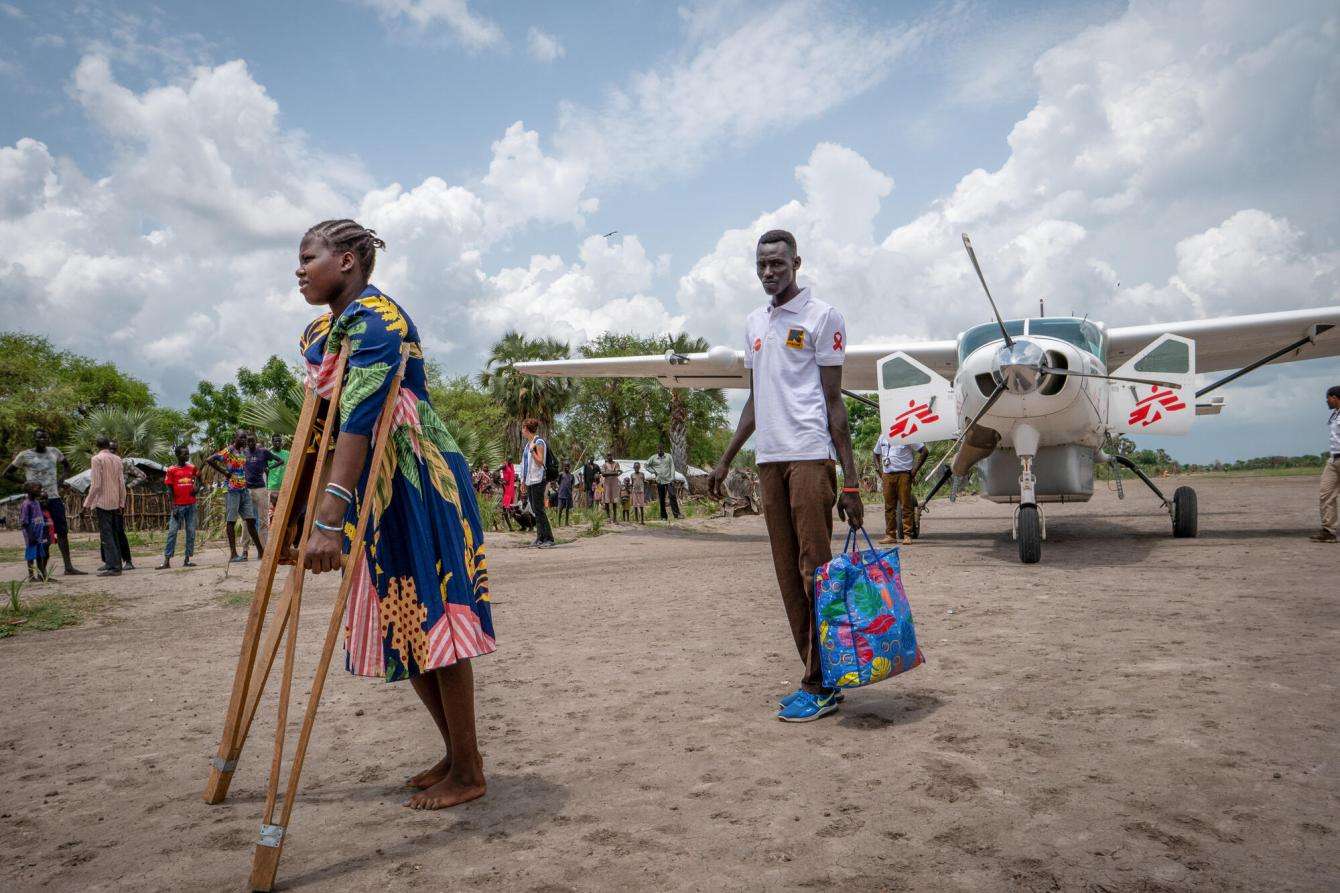
Conflict and hostilities in neighboring Uganda propelled MSF to launch its first project in Yei, Central Equatoria. In 1983, a dedicated MSF team including medical and support staff from what was then southern Sudan, as well as from other countries, provided emergency medical care to host communities and refugees fleeing Uganda’s civil unrest. A region struggling with conflict itself became a refuge and a home to thousands.
As the needs of refugees and host communities increased, MSF activities evolved in response, covering conflict-caused displacement, famine, and disease outbreaks. These activities include providing medical treatment and carrying out vaccination campaigns, clean water and sanitation activities, and non-food item distribution. Today, South Sudan has become one of MSF’s most significant operational footprints, encompassing 13 projects nationwide and thousands of lives impacted.
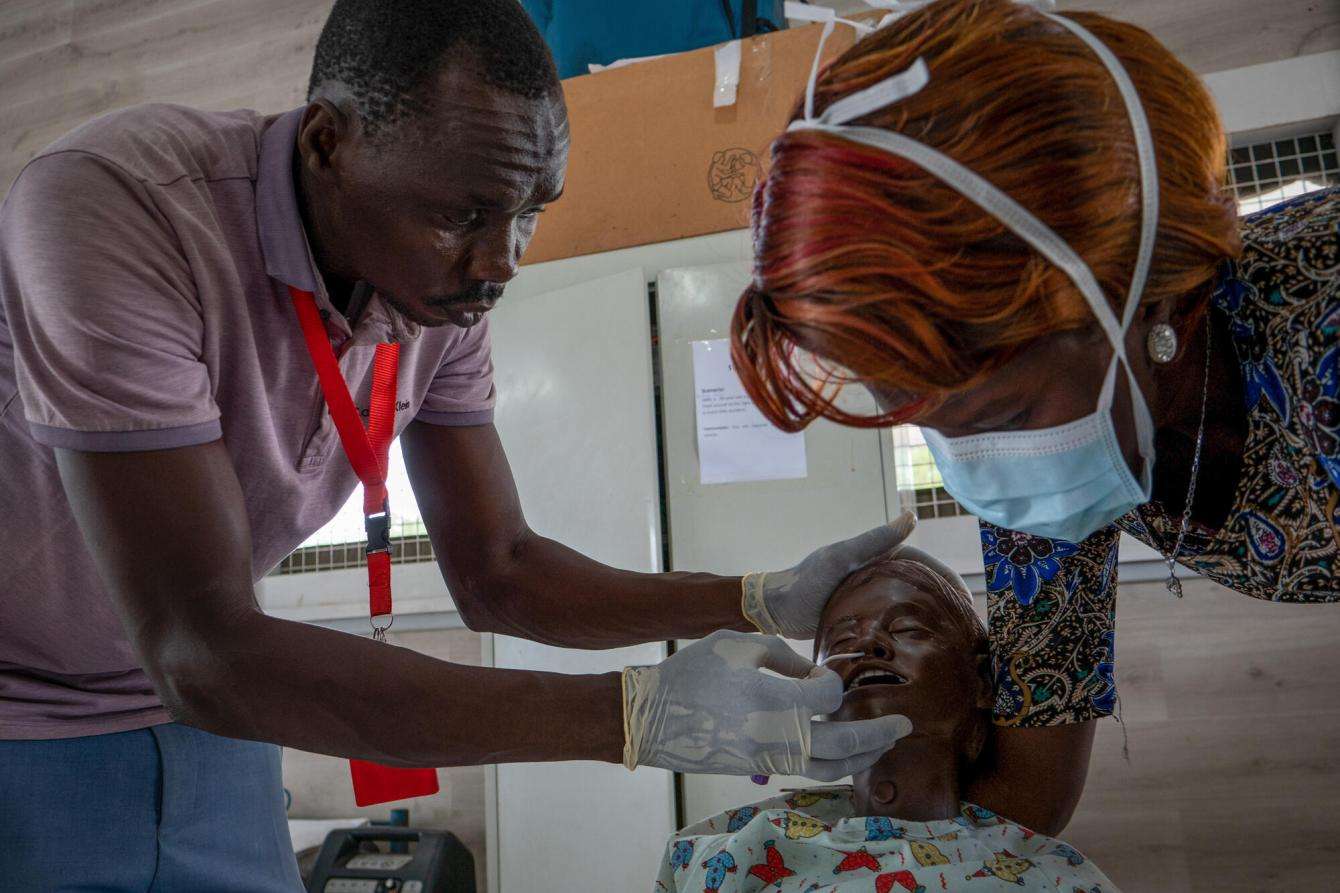
The formation of the world’s youngest nation
South Sudan gained independence in 2011, after a long civil war in southern Sudan. Self-rule, autonomy, and relative calm prevailed, though it was short-lived—conflict broke out between the government and opposition forces in December 2013, resulting in a civil war that killed tens of thousands of people and forced one in three people to flee from their homes.
“When the country got its independence in 2011, there was a lot of hope,” said Andrew Dak, Hospital Coordinator Support, who has worked with MSF since 2004. “People believed there would be no more war and a lot of investment in the health infrastructure in South Sudan. But two years later, there was already fighting in the country. Everything went back to zero.”
Since then, the country has continued to suffer from recurrent conflicts as well as concurrent emergencies such as food insecurity, disease outbreaks, and severe floods.
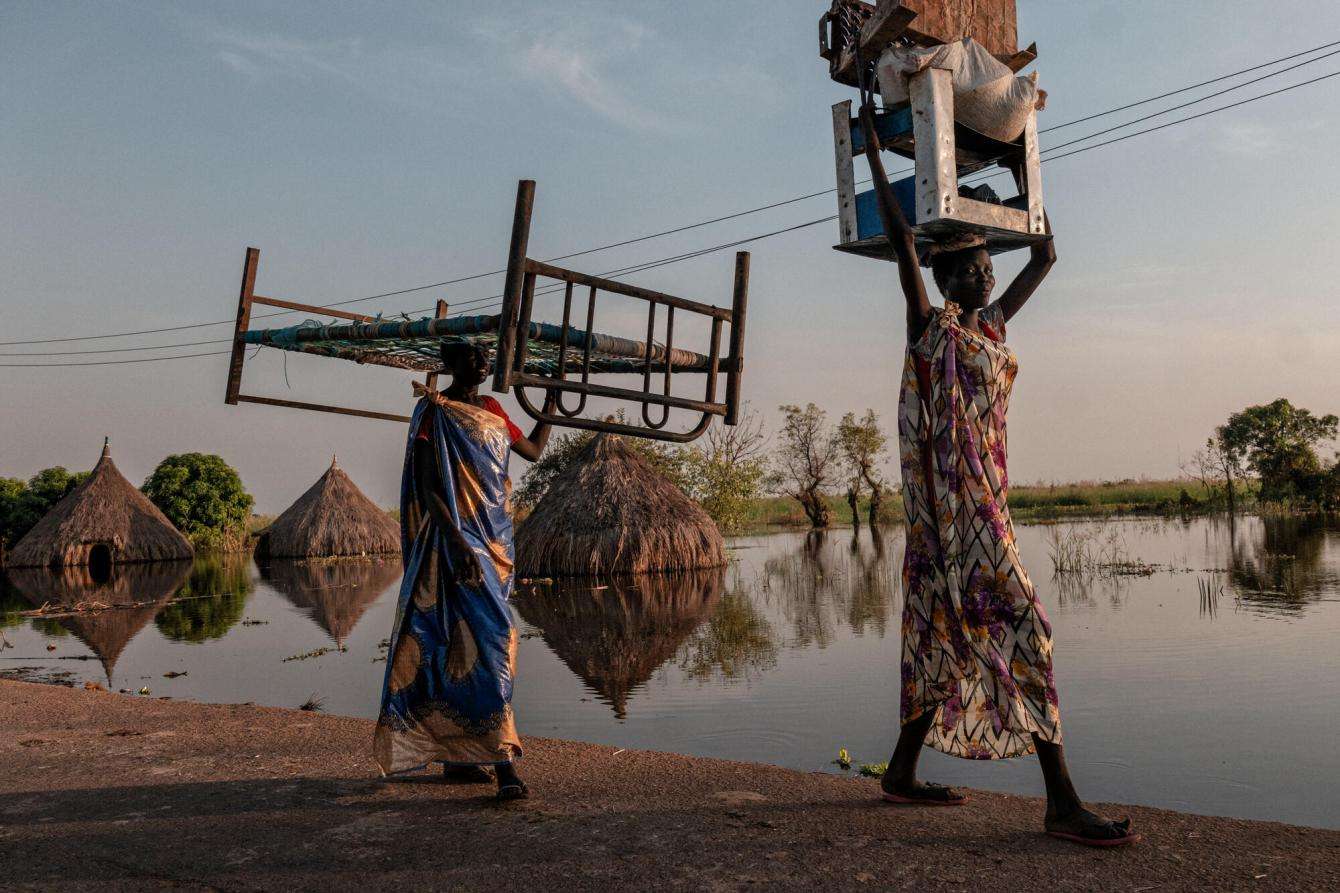
Addressing the consequences of climate change
South Sudan has experienced the worst floods in the region over the past four years. Last year, about two-thirds of South Sudan was underwater as most states experienced catastrophic floods.
“Over the years, the severity of the floods has increased in scale, both in terms of the water levels and the impact on people,” said Mohammad Ibrahim, MSF’s head of mission in South Sudan. “We have seen floods uproot people from their homes, destroy crops, kill livestock, and damage houses, schools, and health facilities. For a country that has already been affected by years of violence, with a fragile health system and high levels of malnutrition, floods exacerbate an already-dire humanitarian situation.”
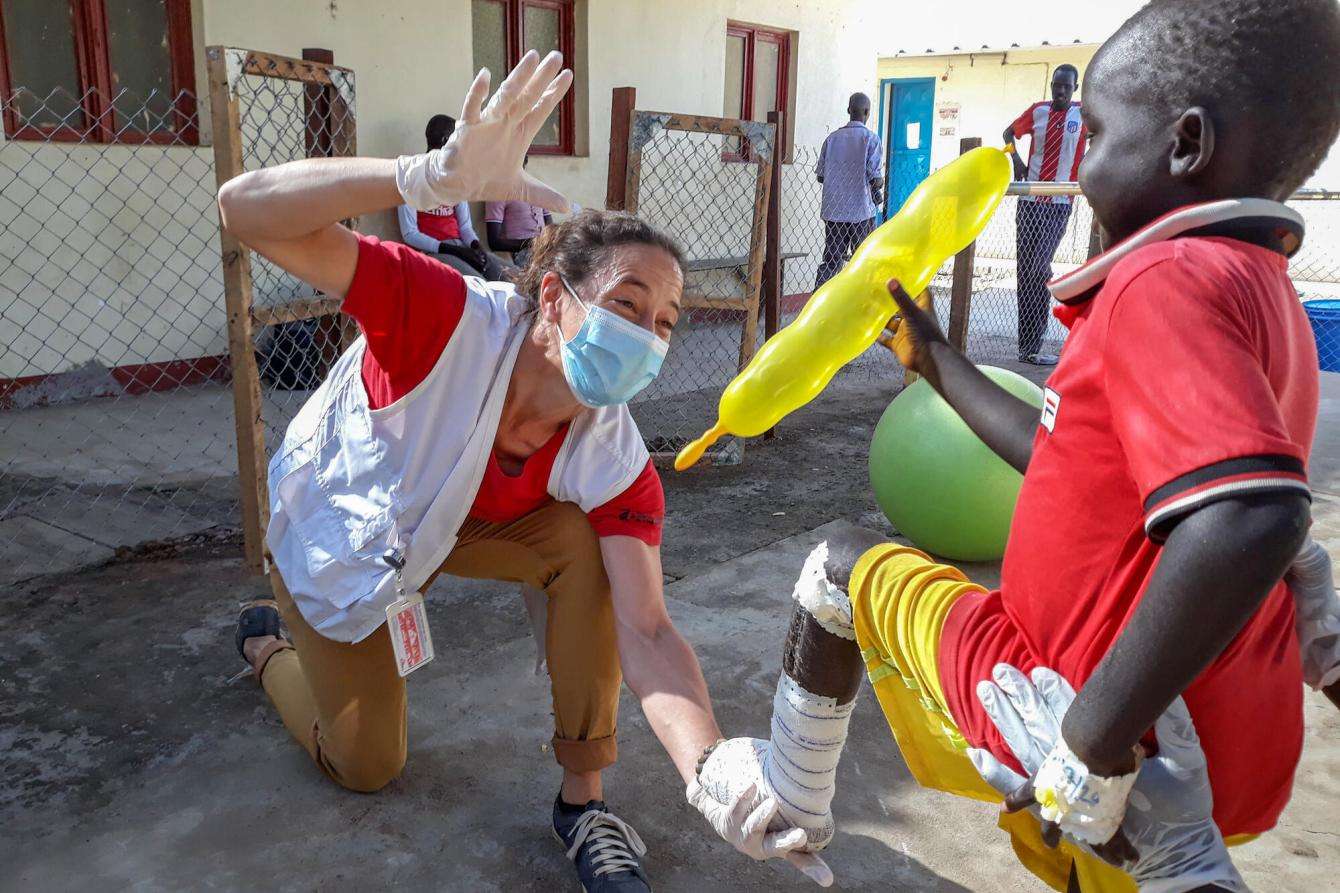
Overcoming barriers to health care
Across South Sudan, patients face major obstacles when trying to access health care. Floods are one factor, as well as insecurity and an overall lack of facilities.
“Many mothers and pregnant women live in very remote areas and can’t reach medical facilities,” said Harriet Wikoru, MSF midwife activity manager in Old Fangak. “Most of them can only go to traditional birth attendants in their village. The lack of access to health facilities puts women in danger during both pregnancy and delivery.”
To help overcome these barriers, MSF teams have been supporting maternal health in the communities most-at-risk by running clinics, conducting outreach and preventative activities, and training community health care workers in remote areas.
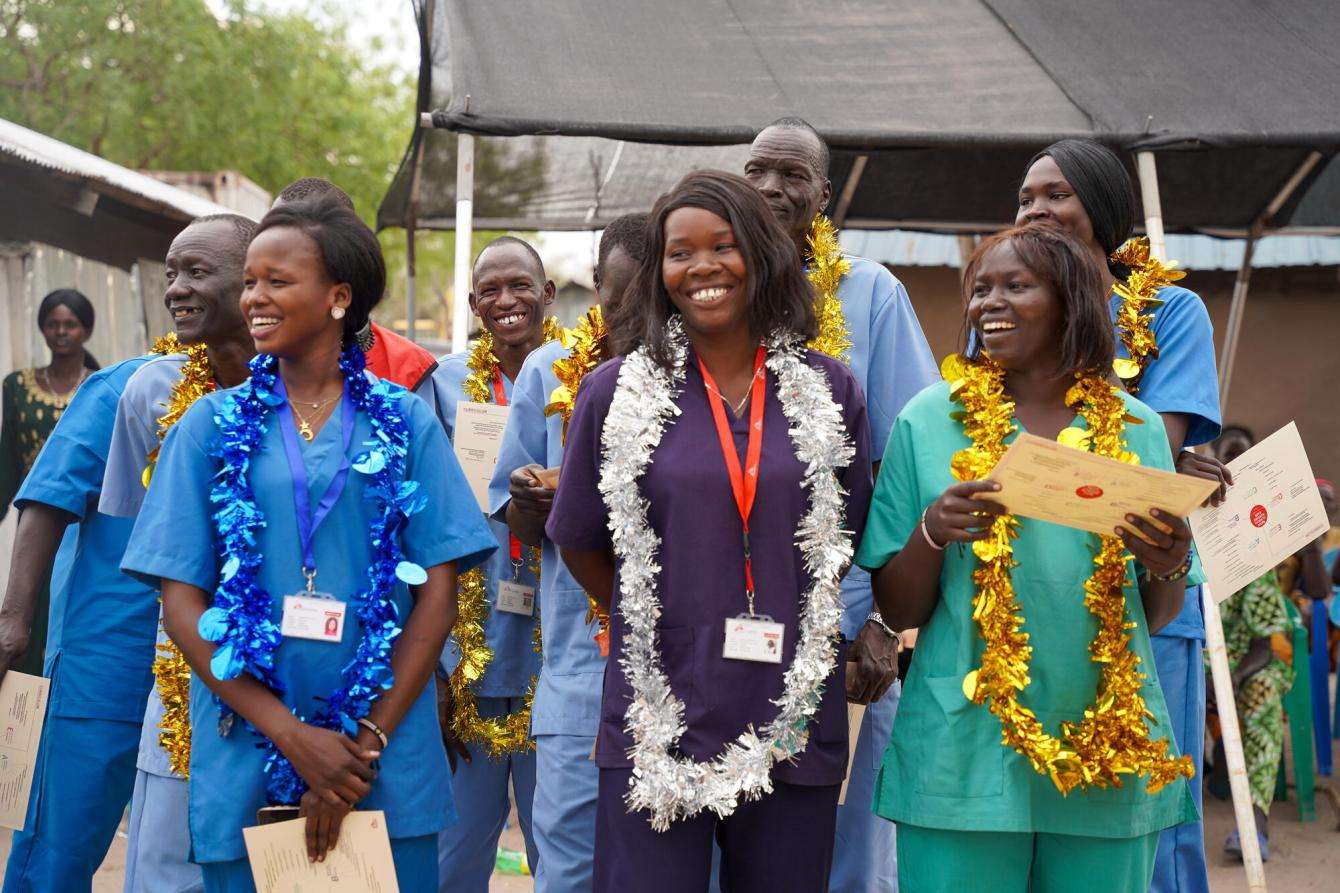
Building health care capacity
After decades of conflict and underinvestment, a severe shortage of health infrastructure and qualified medical professionals continues to pose major challenges to the development of a good health care system in South Sudan.
“For more than 15 years, MSF has been providing care for patients here in Bentiu, but the organization won’t be here forever,” said John Puok, a medical doctor with MSF.
To ensure a long-term impact on the quality of care in the country, the MSF Academy for Healthcare is training locally hired South Sudanese health care workers in several states to strengthen competencies and improve the quality of care.
Twelve years after its independence, South Sudan continues to face immense needs, ongoing crises such as conflict and displacement, and new challenges such as climate change. These crises and challenges are amplifying and accelerating already existing diseases and the deplorable humanitarian situation. According to the United Nations, two-thirds of the population—about 9.4 million people—need humanitarian assistance, health care, and protection. Already one of the worst crises in the world, the country is experiencing additional needs with the arrival of returnees and refugees from Sudan, which the current humanitarian response cannot sufficiently address.
